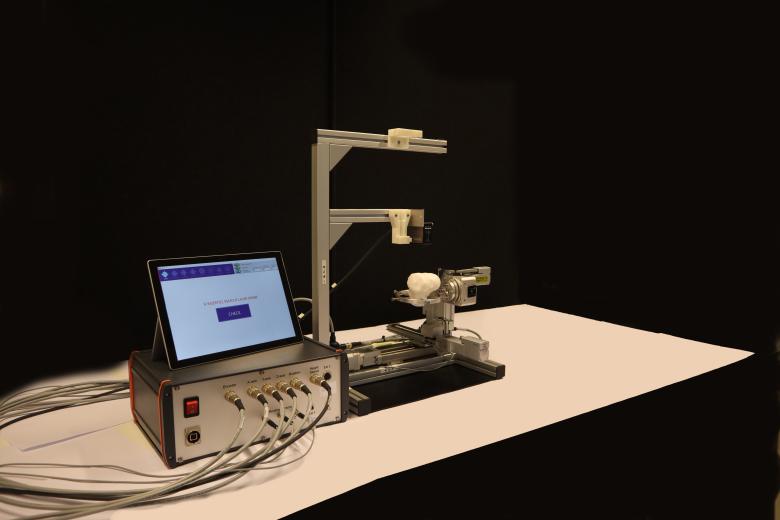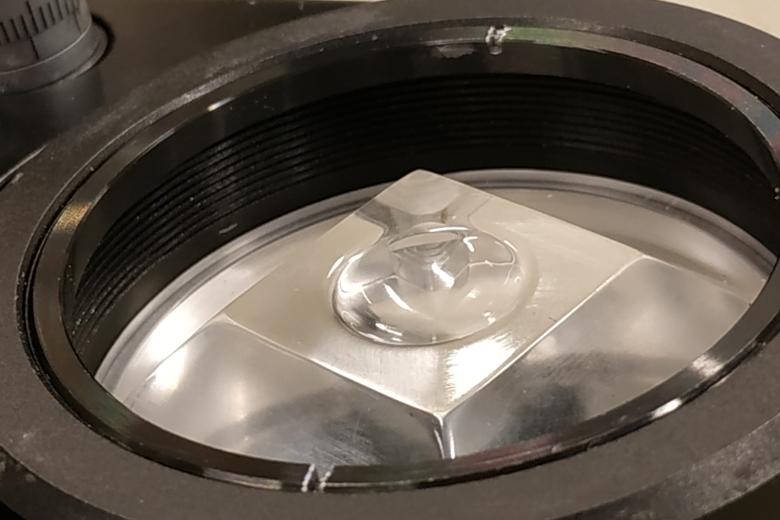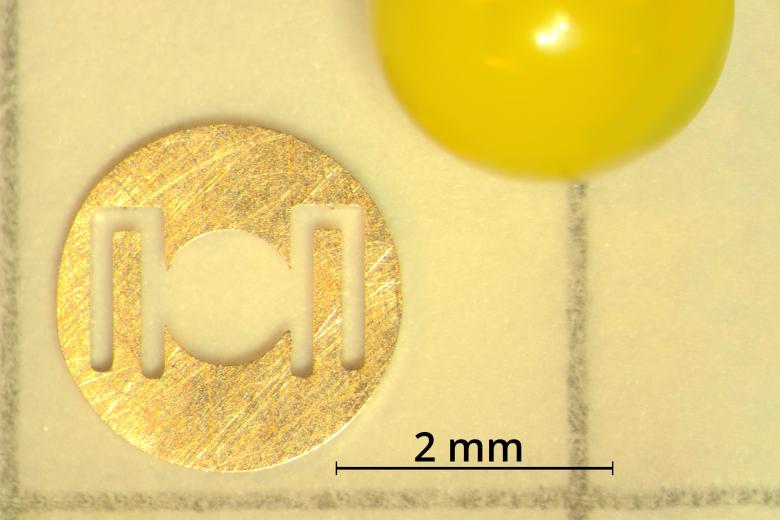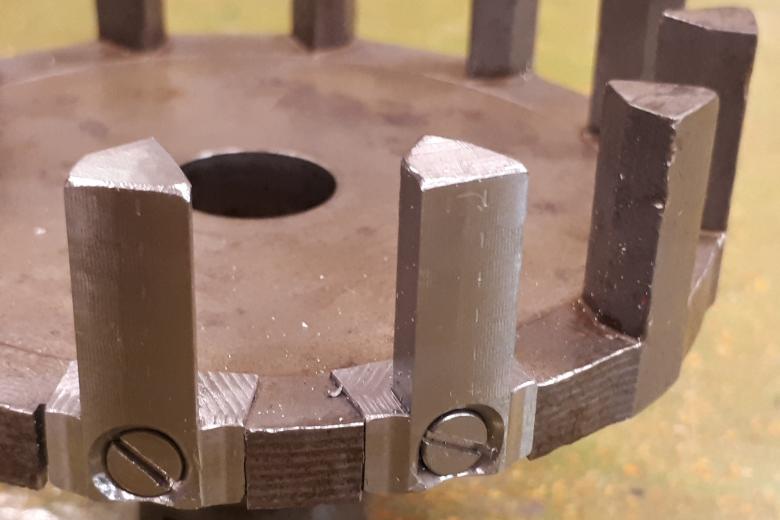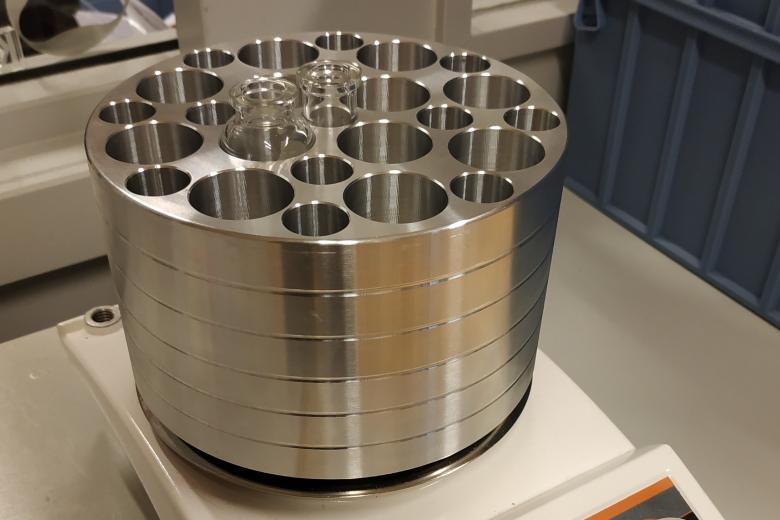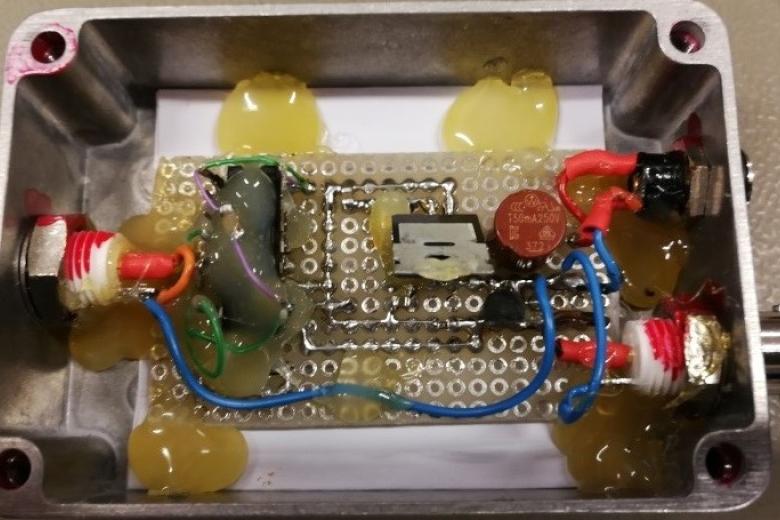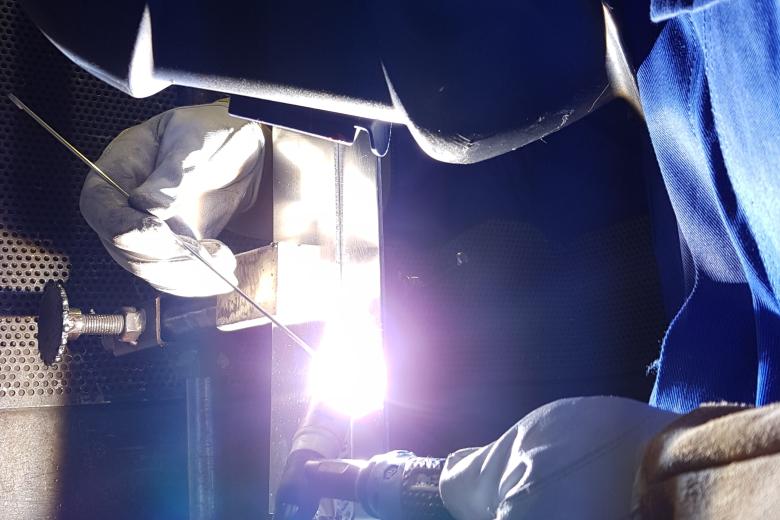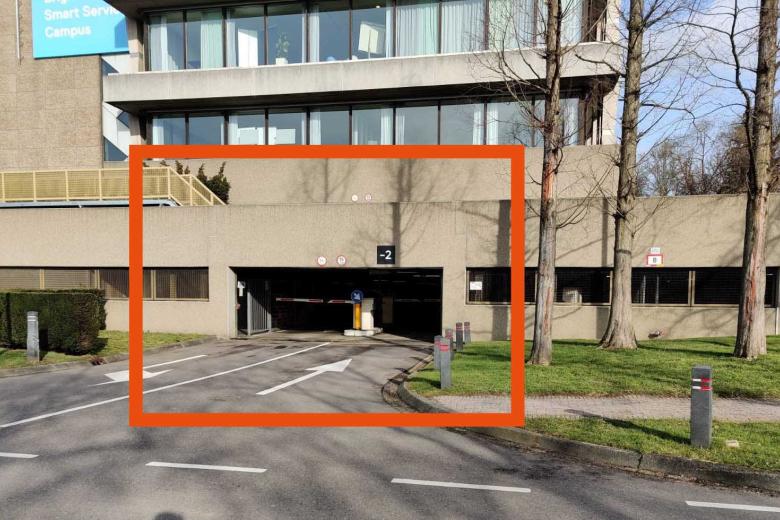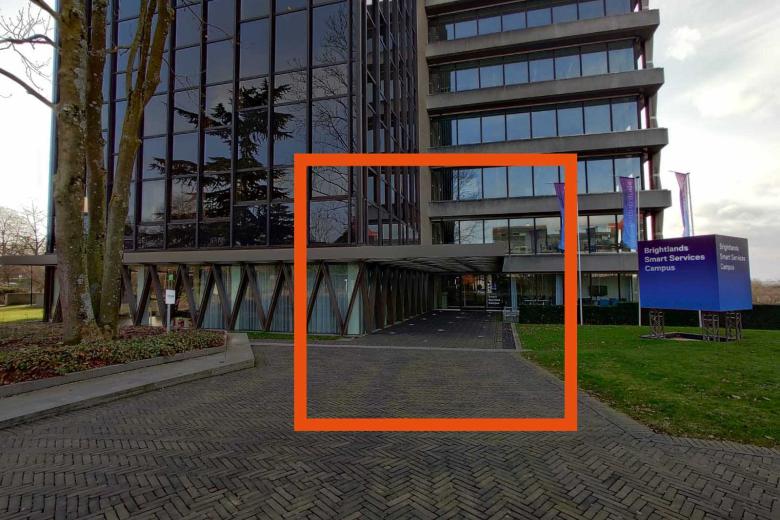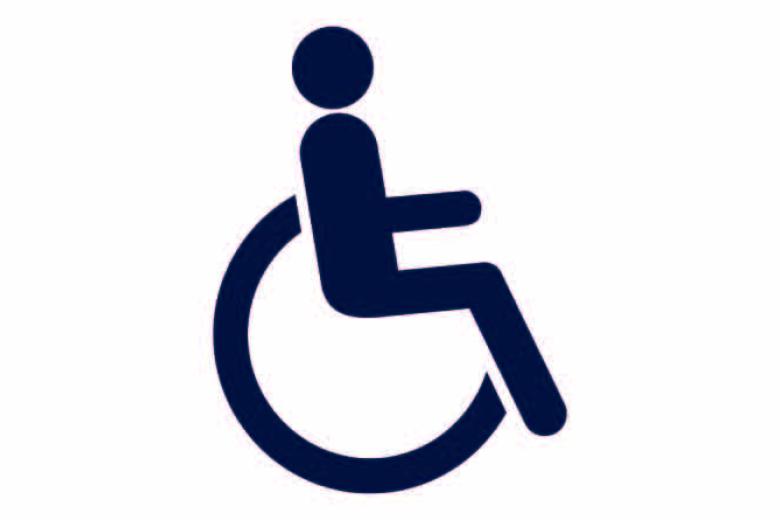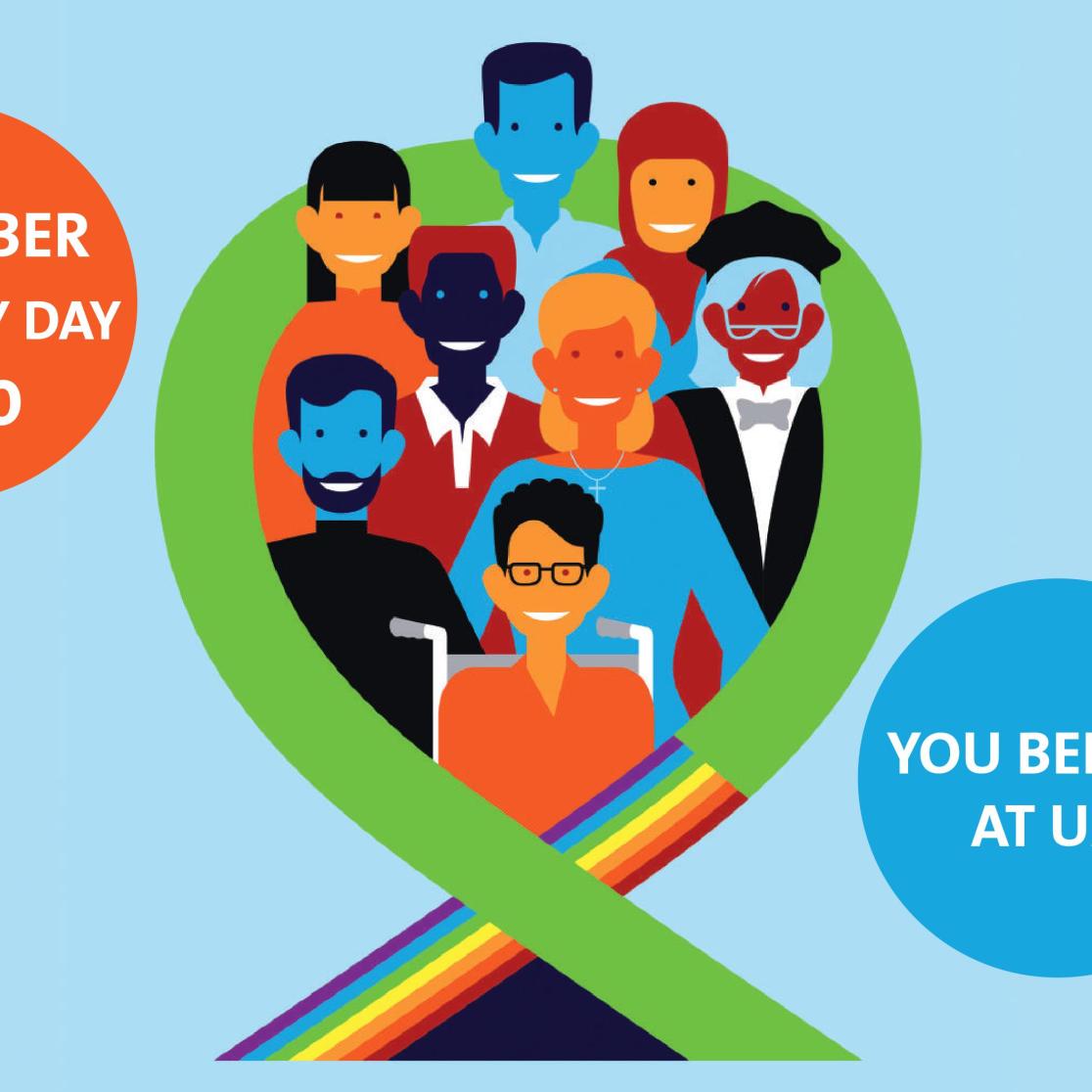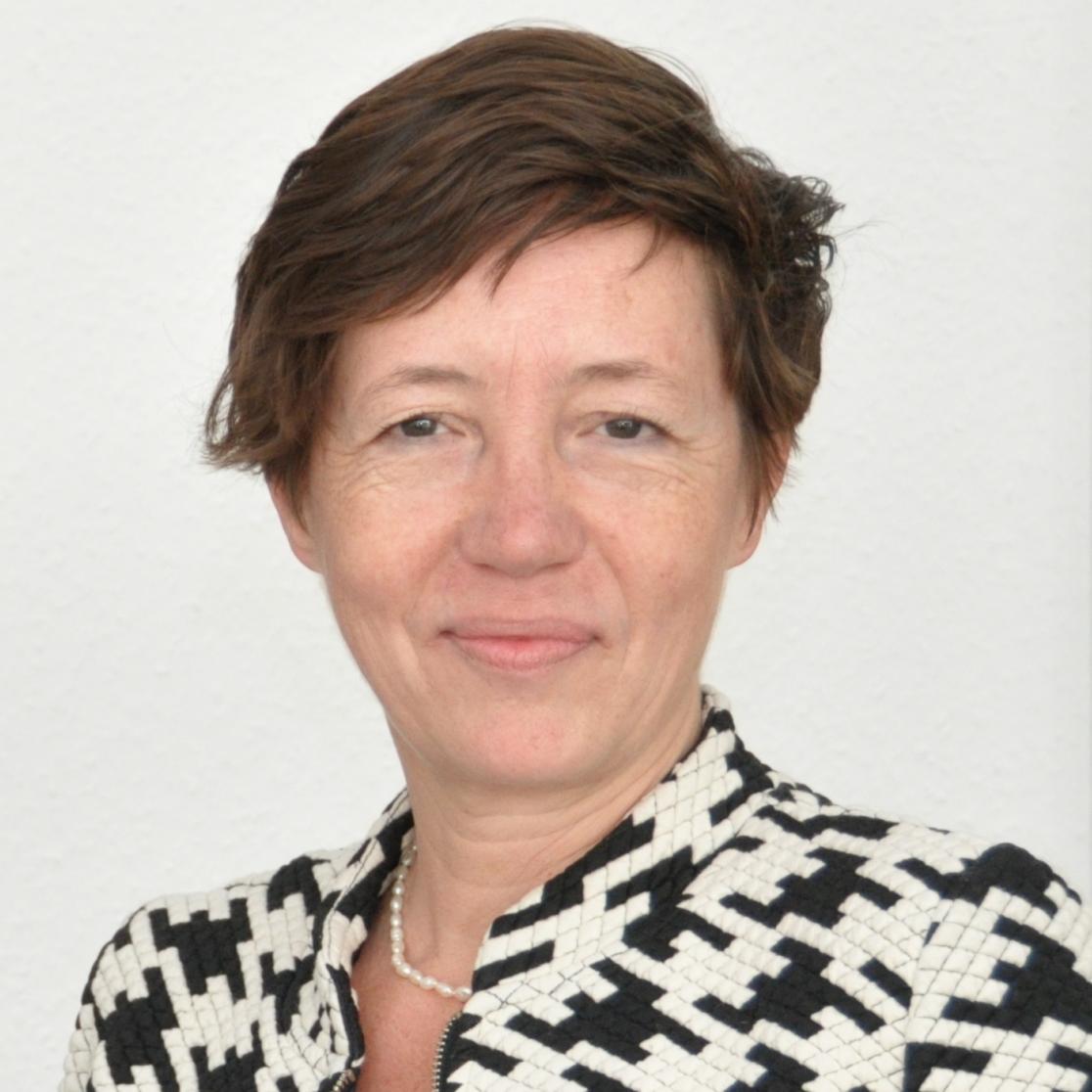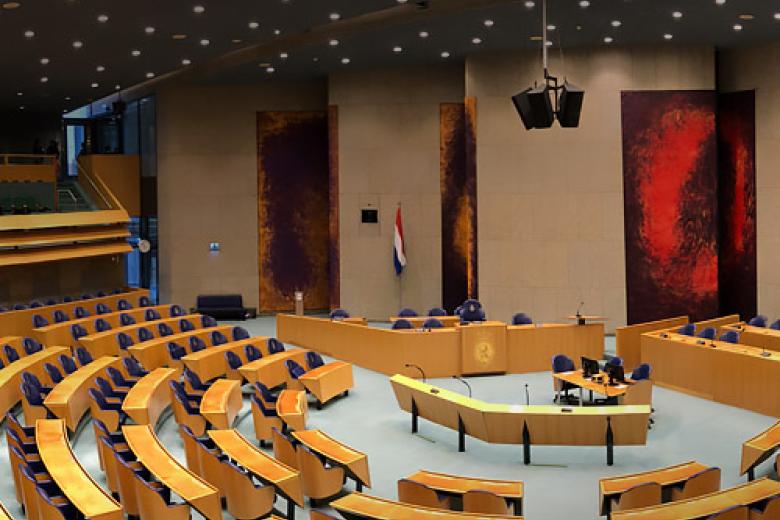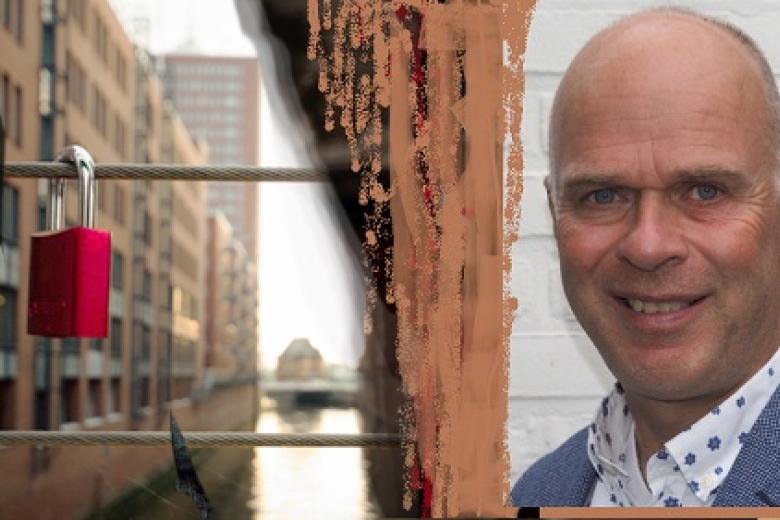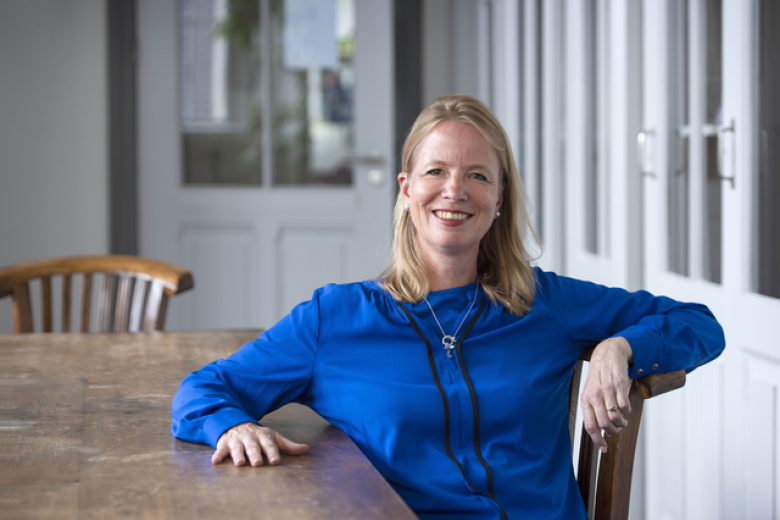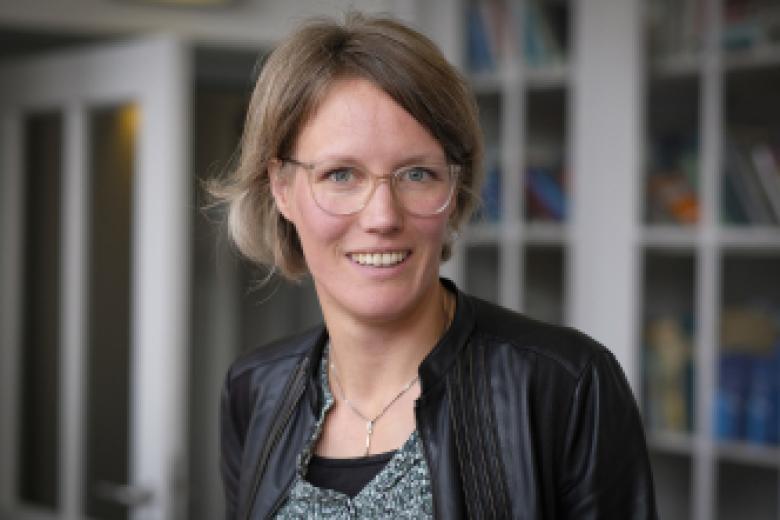- Up to 15-20.000€, generally financed by external funding (sometimes the funding application is assisted by our team);
- 4-6 months runtime;
- For example: a more complex prototype or an experimental set up;
- Assistance in technical functionality testing;
- Technological Readiness Level 4-6;
- Documentation for METC.
Mandibula implant design
Cranio-Maxillofacial Surgery, MUMC+ requested (1) finite element model analysis of a new mandibula implant; and (2) the design and build of a biomechanical test set-up to evaluate the implant. This work involved 3D CAD design, simulation, molds for precise cutting, adapters for testing, test plan and cowriting of the journal paper.
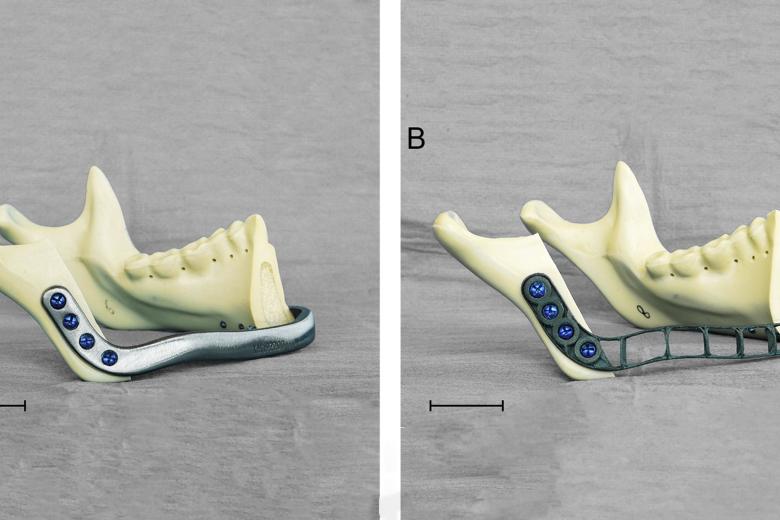
Feasibility of line ablation
Cardiothoracal Surgery, MUMC+ requested the build of a RF line ablation surgical instrument. Iterative design and testing cycles on porcine heart samples led to a working prototype demonstrating the feasibility. This work involved eletronic modification of an existing RF device, design of flexible tissue beaks connected by magnets.
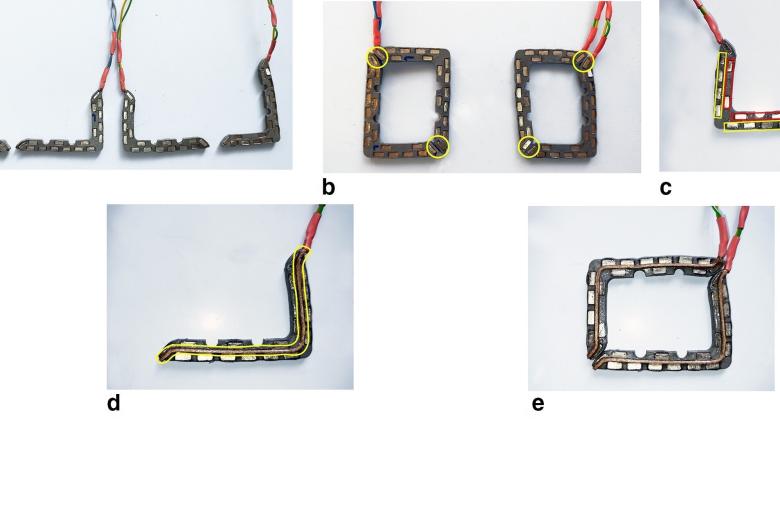
Cell vitrification
M4I Nanoscopy and Cryosol World BV requested the design and build of an experimental set-up to perform jet vitrification of various samples. We performed the entire design, fabrication and assistance in technical testing. This work involved system’s architecture, parts selection, motor controller, sequencing of steps, climate chamber, sample transportation.
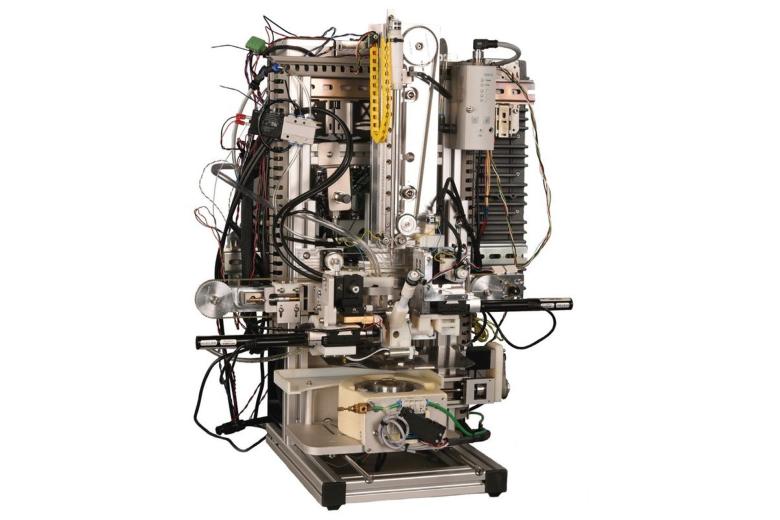
Training model for bronchoscopy
The MUMC+ Intensive Care Unit requested the design and fabrication of an anatomic bench lung model for training bronchoscopic skills. This work involved 3D segmentation of CT dataset, 3D print, design and fabrication of connectors and inserts.
Labyrinth
The School of Business and economics requested a smart toy to study cognitive skills in children. This work involved lasercutting a wooden maze, selecting and integrating sensor technology and software.

NIR LED ring for spectral imaging
Imedtechnology BV and General Surgery, MUMC+ requested the design and build of a custom LED ring for implementation in their demonstrator prototype for spectral imaging of tissues. This work involved electronic parts selection, calculation and assembly.
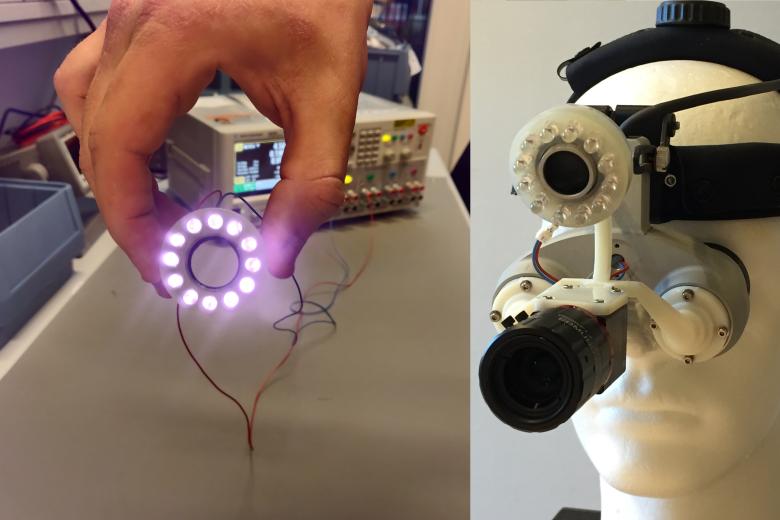
Spoon-shaped electrode
Fysiology, FHML requested the design and fabrication of a prototype of a spoon shaped electrode. This work involved electronic design, soldering and assembly, machining of base plate, technical testing.
Mass spectrometry 3D scanner
M4I Mass spectrometry requested the design and fabrication of an experimental set-up for performing continous mass spectrometry scanning of a 3D object. This work involved frame- and holder design, selection of sensor and motors, development of the user interface, programming of scanning and mass spectometry sequence.
